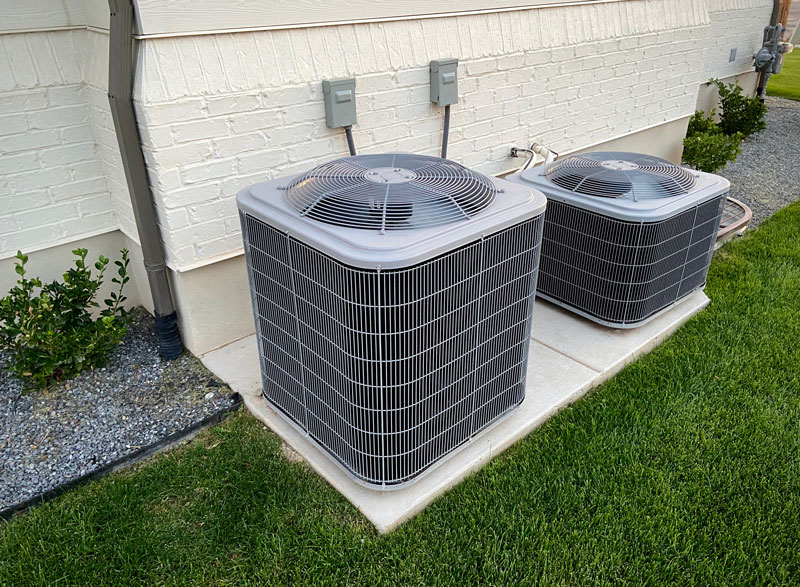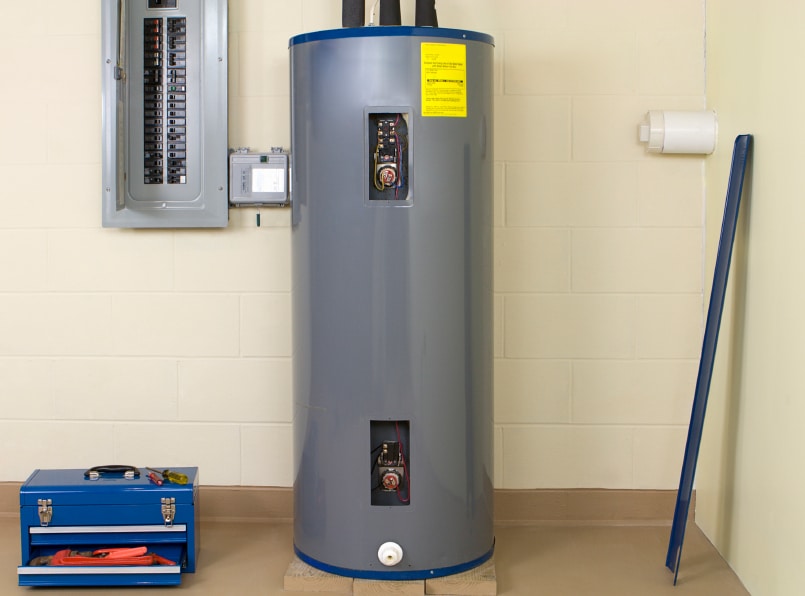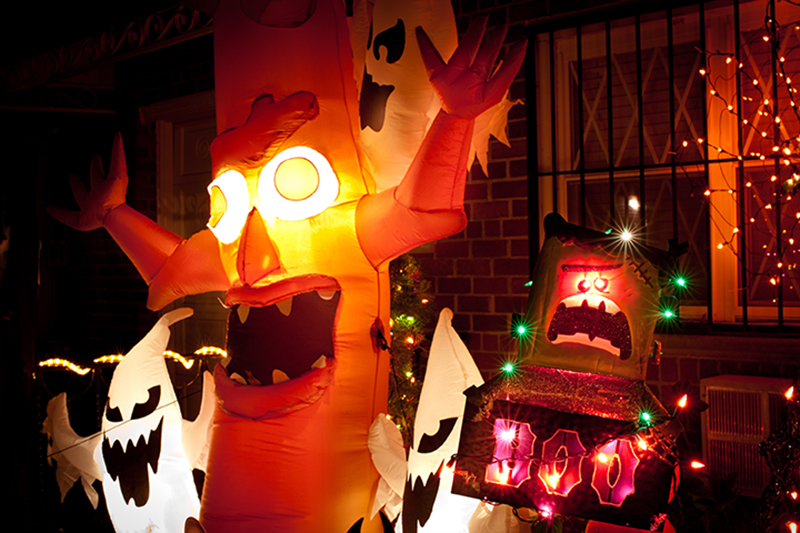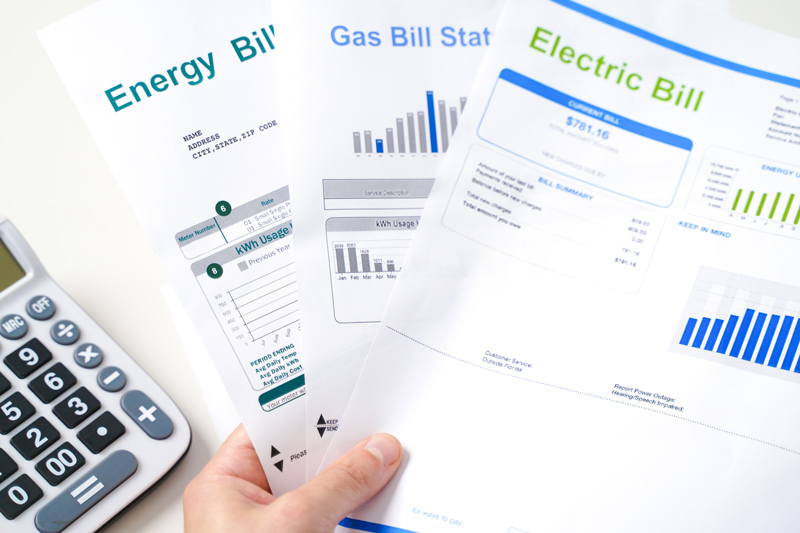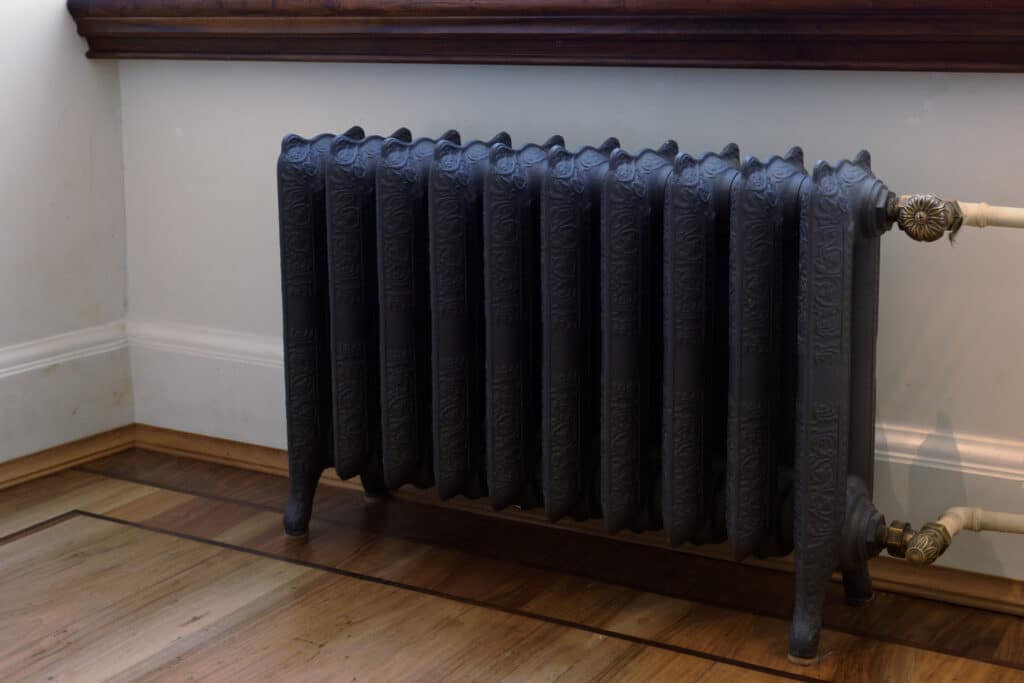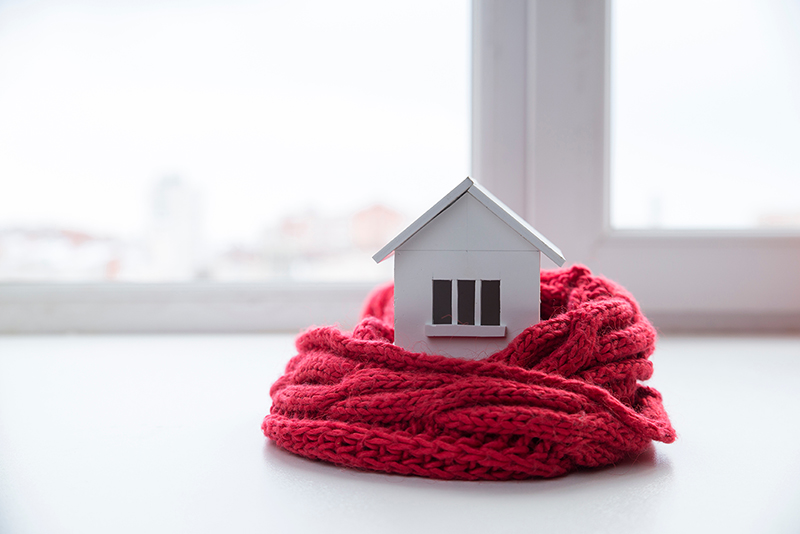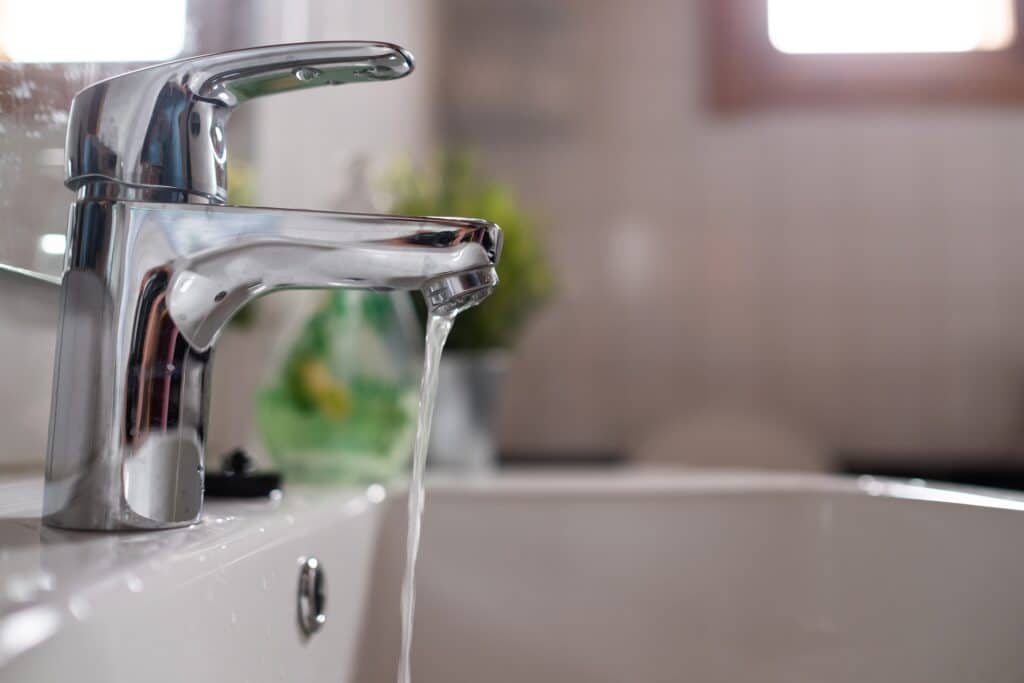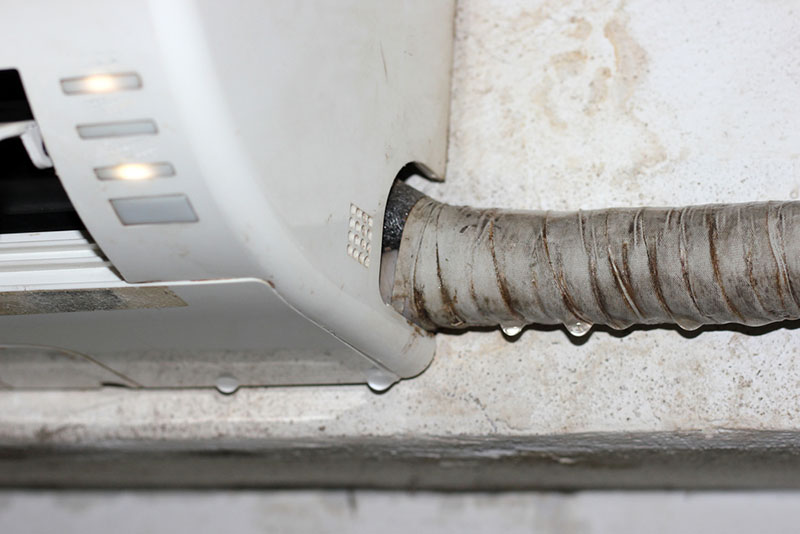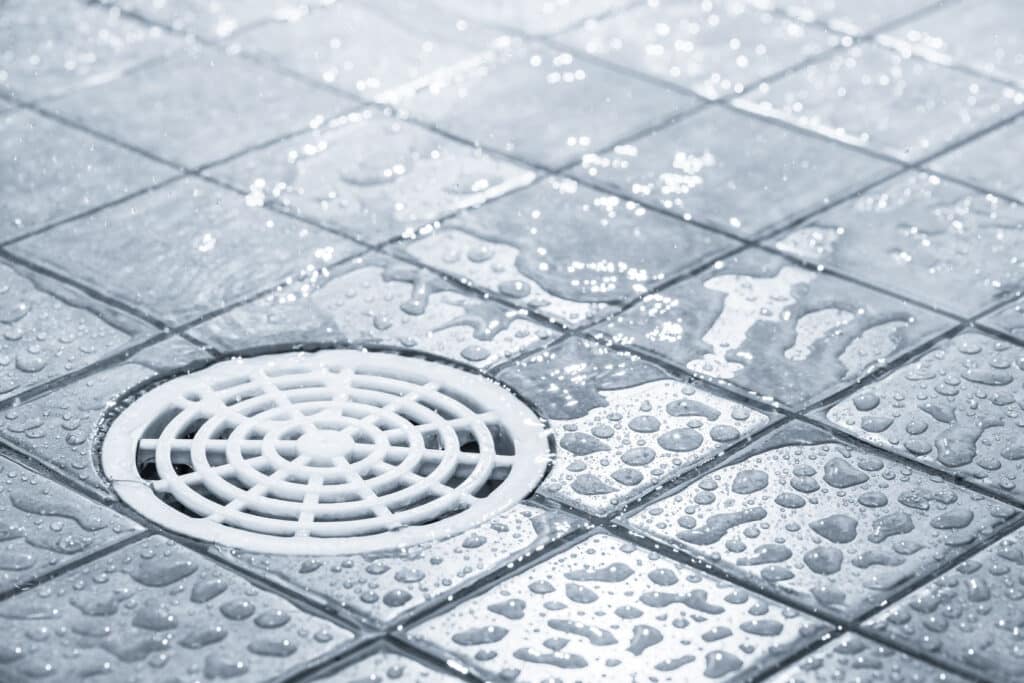Service request
Contact Us Today

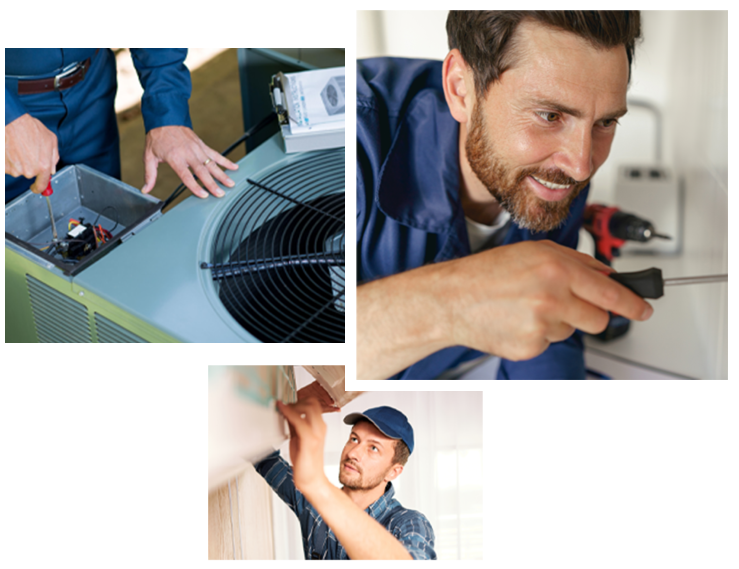
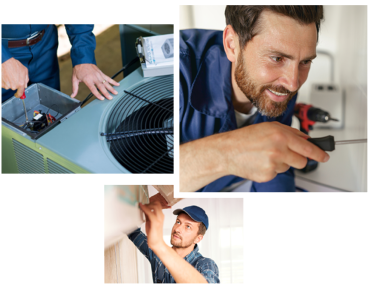
North Shore HVAC | North Shore Electrical Services
North Shore HVAC | North Shore Electrical Services
Residential & Commercial HVAC And Electrical Experts
Residential & Commercial HVAC And Electrical Experts
- Residential HVAC maintenance and repair
- Commercial HVAC maintenance and repair
- Electrical services residential and commercial
- Indoor air quality solutions
- And more.


